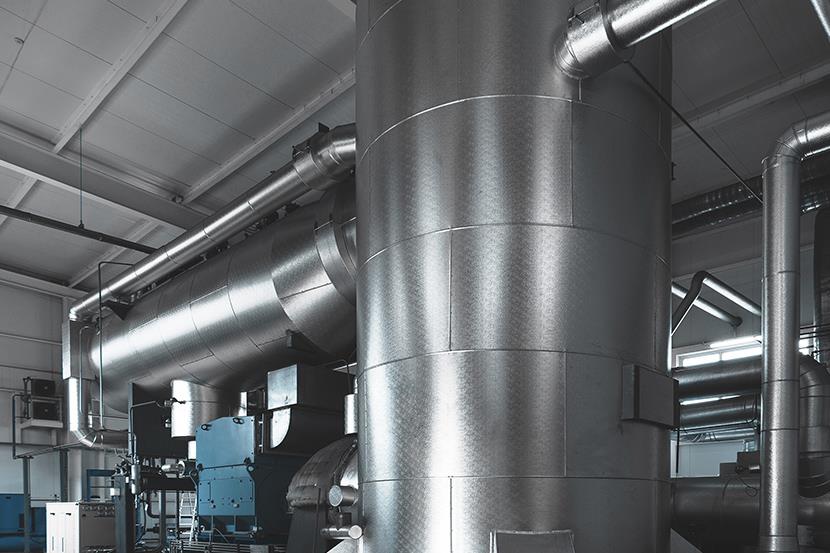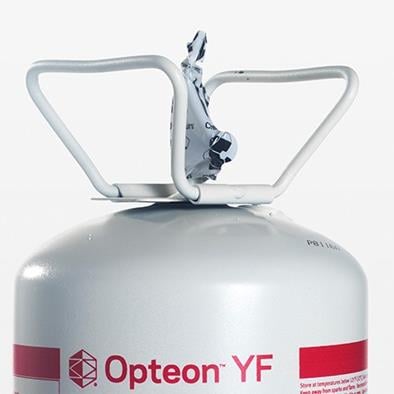Waste Heat Recovery Recycles Energy and Maintains Comfort
Many processes generate excess heat that is vented into the atmosphere, such as heat omitted by residential and commercial water heaters and exhaust from ovens, furnaces, and vehicles. Organic Rankine cycle systems capture that heat and turn it into electricity.
This provides two benefits. First, the system improves efficiency through the recovery of waste heat to generate electricity that can be used for other processes. Second, the space does not need additional air conditioning to maintain comfortable temperatures.
Organic Rankine Cycle Systems: How It Works
Organic Rankine cycle systems recover heat from low-temperature heat sources. They use an organic fluid that is pumped to a boiler, where it is evaporated, then passed through an expansion device, and then through a condenser heat exchanger.
To recover low-grade heat, the fluid must have a lower boiling temperature than water. Other desirable characteristics of the chosen fluid include:
- Low environmental impact: The fluid should have zero ozone depletion potential and low global warming potential (GWP)
- Safety: The fluid should be nonflammable, nontoxic, and non-corrosive
- Optimal thermodynamic properties: The fluid must be able to absorb the low-temperature heat and efficiently convert it to usable energy
New Working Fluids for Organic Rankine Cycles
Chemours is actively developing new lower GWP fluids that deliver superior performance for organic Rankine cycles. Opteon™ working fluids for waste heat recovery are hydrofluoroolefins (HFOs) with GWPs substantially lower than incumbent working fluids. Opteon™ MZ working fluid is the best choice for organic Rankine cycle systems.






